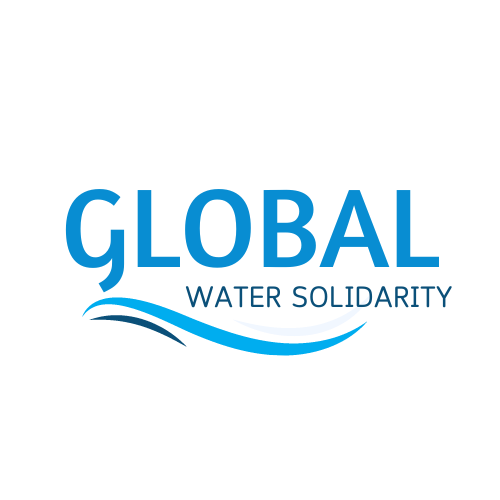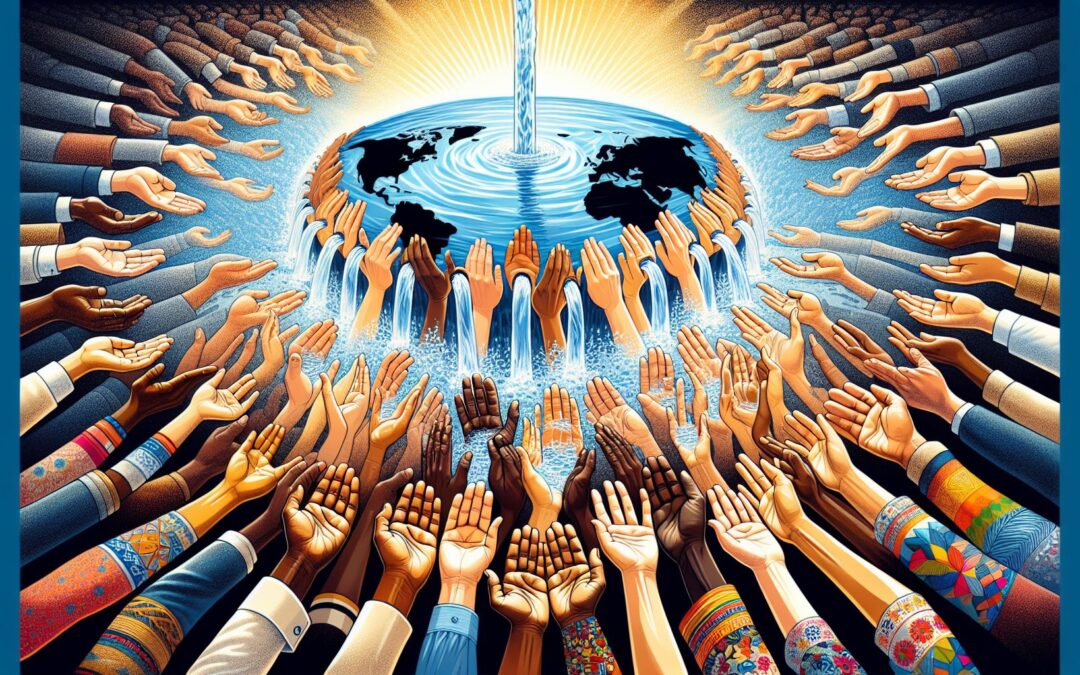Safe and regular access to clean drinking water is a critical basic need and inherent human right. The significance of this essential element can never be overemphasized. It forms the core pillar, around which our health, socio-economic development, and quality of life revolve. This article serves to underline the importance of water as a fundamental human right and discusses innovative tangible ways to ensure universal access.
Understanding the Human Right to Water
The United Nations General Assembly (UNGA) recognized in its Resolution 64/292 that access to clean water and proper sanitation is an integral part of the realization of all human rights[^1^]. This recognition has stimulated significant global attempts to improve water availability and better sanitation across developing countries. In particular, the UNGA resolution acknowledged that clean drinking water and sanitation were critical to the realization of life in a way that accommodates human dignity, personal development, and the well-being of all.
The Water Crisis: A Reality Check
Unfortunately, statistics from the World Health Organization (WHO) and the UN reveal that about 2.2 billion people worldwide do not have safely managed drinking water services[^2^]. This highlights a grim reality – that while the human right to water is universally recognized, its implementation still falls short.
The global water crisis has imparted disproportionate impact upon specific population groups, particularly those who are disenfranchised or underprivileged. Indigenous communities, people living in rural areas, refugees, and internally displaced people, persons with disabilities, and women and girls bear the brunt of this crisis.
Solutions: How Can We Ensure Access to Water?
Revamping Legal Framework
Every nation needs to incorporate an explicit recognition of the human right to water within its constitutional or statutory laws with clearly defined responsibilities for its implementation.
Policy Changes & Investments
Changes in policy and increased investments in water infrastructure and research can go a long way towards addressing water scarcity and insecurity. Creating an efficient water supply chain is vital in ensuring universal access.
Community-level Actions
At the community level, understanding the importance of water conservation, efficient water use, regular maintenance of water resources, and sanitation facilitates the realization of this human right.
International Cooperation and Assistance
International actors, donors, development agencies, and NGOs can play a significant role in providing technical assistance, aid, resources, and building infrastructure, especially in developing countries.
Technological Innovations
Integrating modern technologies and ICT tools within water governance can help monitor risk areas, regulate water use, and more efficiently manage water resources.
Inclusion of Marginalized Groups
The right to water for all can only be realized by acknowledging and ensuring the rights of marginalized groups. Their active involvement in the decision-making process is needed.
Sustainable Development Goals (SDGs) and Water
Sustainable Development Goal 6 – Clean Water and Sanitation – of the United Nations is a roadmap towards universal access to water and sanitation for all by 2030. It is an ambitious proposal that aims to alter the water landscape, promoting efficient management of all water resources and ensuring their sustainability.
Final Thoughts
Water is a critical determinant of socio-economic development, ecosystem preservation, and human survival. Recognizing water as a human right underlines the significance of water in maintaining human dignity and leading an adequate life. However, realizing this right remains a global challenge that needs urgent attention and action – from revising legal provisions, mobilizing resources, and enhancing community awareness – to ensuring equitable access for all.
[^1^]: United Nations General Assembly. Gen Res. 64/292, 2010: “The human right to water and sanitation”
[^2^]: United Nations (UN) and World Health Organization (WHO). The World Water Development Report 2019, “Leaving No One Behind.”

